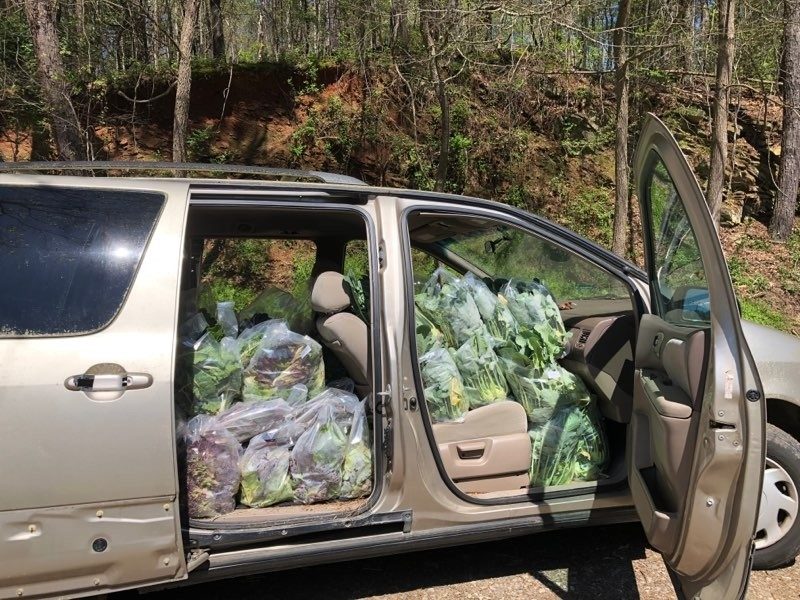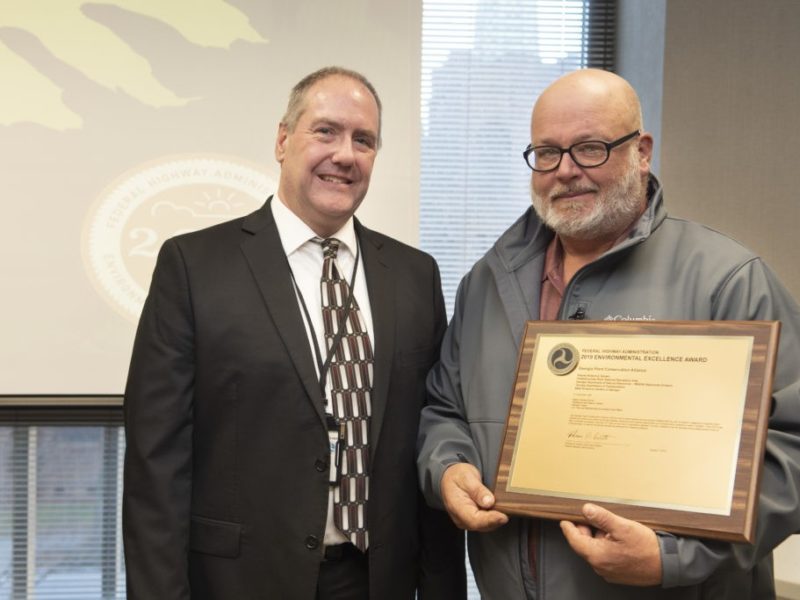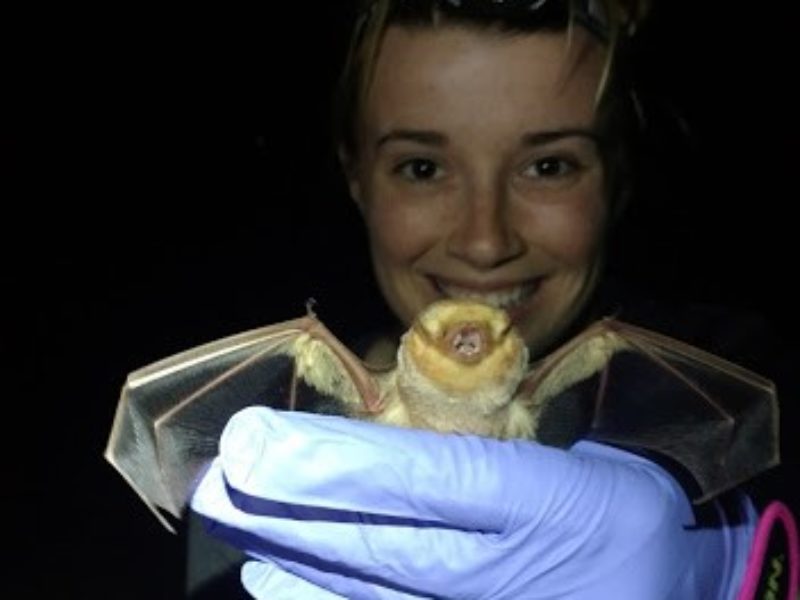It’s the perfect time of year to gather together on the back deck and watch for…bats! Often portrayed by media as blood-sucking and disease ridden pests, sometimes bats don’t always have the best reputation. What most people don’t realize though, is that bats are a great asset to any backyard. But why?
There are sixteen species of bats found in Georgia. All of these bats eat insects, including mosquitoes, stinkbugs, even moths and beetles that destroy your plants. Bats consume thousands of insects each night – pregnant and nursing females can eat their entire body weight. Can your tiki torch keep up with those numbers? Not only is this great news for us, but for farmers, too. Bats save upwards of one billion dollars each year for the agricultural industry in the United States. That means the more insects that bats eat, the less pesticides farmers need to use on crops!
Now that everyone is on board with the idea of bats in their backyard – how do you get them there? For starters, there are several species of bats that will roost together in tight spaces. For these bats, you can install a bat house in your backyard. For best results, make sure the bat house receives 6-8 hours of direct sunlight each day, is installed 15-20 feet high, and is placed on a pole or the side of a building. Live trees are not the best location for bat houses as they typically receive less sunlight and make sleeping bats more vulnerable to predators. Additionally, you can garden for bats. Their favorite meals include moths and beetles; by planting flowers that bloom at night, you’ll help attract these larger insects and provide a nutritious meal for your backyard bats.
What about the guano (poop) or rabies bats may bring? Luckily for you, guano is a great fertilizer. Place a flower pot beneath your bat house and watch those flowers bloom! Talk about a mutualistic relationship. As far as rabies and bats go, you can rest assured that a very small percentage of bats have tested positive for rabies. That being said, it’s better to be safe than sorry. Don’t pick up a bat you see on the ground.
Bats face many threats every day, like White-Nosed Syndrome, pesticides, wind-mills, and habitat loss. You can help bats by limiting the use of pesticides and fertilizers in your yard, installing bat houses, and spreading the good word about bats to help combat fearful myths about them.
For more information on bats, join the Chattahoochee Nature Center on a Night Hike or visit a reliable website such as Bat Conservation International to learn more. Stay batty!





 It’s been a rough couple of weeks. Everyone is cooped up indoors and getting on each other’s nerves. Your favorite Nature Center is closed to the public. What can be done?
It’s been a rough couple of weeks. Everyone is cooped up indoors and getting on each other’s nerves. Your favorite Nature Center is closed to the public. What can be done?





